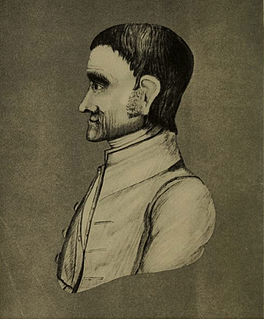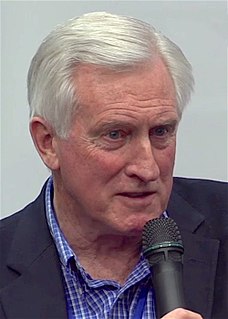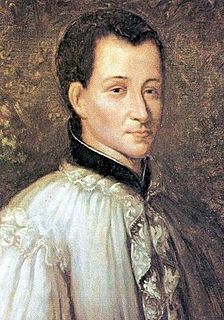A Quote by Dwight D. Eisenhower
We merely want to live in peace with all the world, to trade with them, to commune with them, to learn from their culture as they may learn from ours, so that the products of our toil may be used for our schools and our roads and our churches and not for guns and planes and tanks and ships of war.
Related Quotes
Most people would say they live with an internal angst that they can't always put their finger on. This is because the Internet has changed our very way of being in this world, compelling us to be perpetually "on" - from our cars to our computers, our tablets to our smartphones, our desks to our living rooms or dining tables, our churches to our libraries to our schools.
O, that we who declare war against wars, and acknowledge our trust to be in God only, may walk in the light, and therein examine our foundation and motives in holding onto money! May we look upon our estates, our treasures, the furniture of our houses, and our garments, and try whether the seeds of war have nourishment in these, our possessions.
The past is our treasure. Its works, whether we know them or not, flourish in our lives with whatever strength they had. From it we draw provision for our journey, the collected wisdom whose harvests are all ours to reap and carry with us, though we may never live again in the fields that grew them.
As you consider whether to move a child into formal academic training, remember that we want our children to do more than just learn how to read and write; we want them to learn in such a way that they become lifelong readers and writers. If we push our children to start learning these skills too far ahead of their own spontaneous interest and their capacity, we may sacrifice the long-range goal of having them enjoy such pursuits.
It may seem sometimes as if a culture of peace does not stand a chance against the culture of war, the culture of violence and the cultures of impunity and intolerance. Peace may indeed be a complex challenge, dependent on action in many fields and even a bit of luck from time to time. It may be a painfully slow process, and fragile and imperfect when it is achieved. But peace is in our hands. We can do it.
In a world of danger and trial, peace is our deepest aspiration, and when peace comes we will gladly convert not our swords into plowshares, but our bombs into peaceful reactors, and our planes into space vessels. "Pursue peace," the Bible tells us, and we shall pursue it with every effort and every energy that we possess. But it is an unfortunate fact that we can secure peace only by preparing for war.
I believe that our society's "mistake-phobia" is crippling, a problem that begins in most elementary schools, where we learn to learn what we are taught rather than to form our own goals and to figure out how to achieve them. We are fed with facts and tested and those who make the fewest mistakes are considered to be the smart ones, so we learn that it is embarrassing to not know and to make mistakes. Our education system spends virtually no time on how to learn from mistakes, yet this is critical to real learning.
Before making peace, war is necessary, and that war must be made with our self. Our worst enemy is our self: our faults, our weaknesses, our limitations. And our mind is such a traitor! What does it? It covers our faults even from our own eyes, and points out to us the reason for all our difficulties: others! So it constantly deludes us, keeping us unaware of the real enemy, and pushes us towards those others to fight them, showing them to us as our enemies.
The only things in which we can be said to have any property are our actions. Our thoughts may be bad, yet produce no poison; they may be good, yet produce no fruit. Our riches may be taken away by misfortune, our reputation by malice, our spirits by calamity, our health by disease, our friends by death. But our actions must follow us beyond the grave; with respect to them alone, we cannot say that we shall carry nothing with us when we die, neither that we shall go naked out of the world.
It is not proper to project our feelings onto things or to attribute our own sensations and passions to them. Can it also be improper to see in them a guide, a way of life? To learn the art of remaining motionless amid the agitation of the whirlwind, to learn to remain still and to be as transparent as this fixed light amid the frantic branches this may be a program for life.































